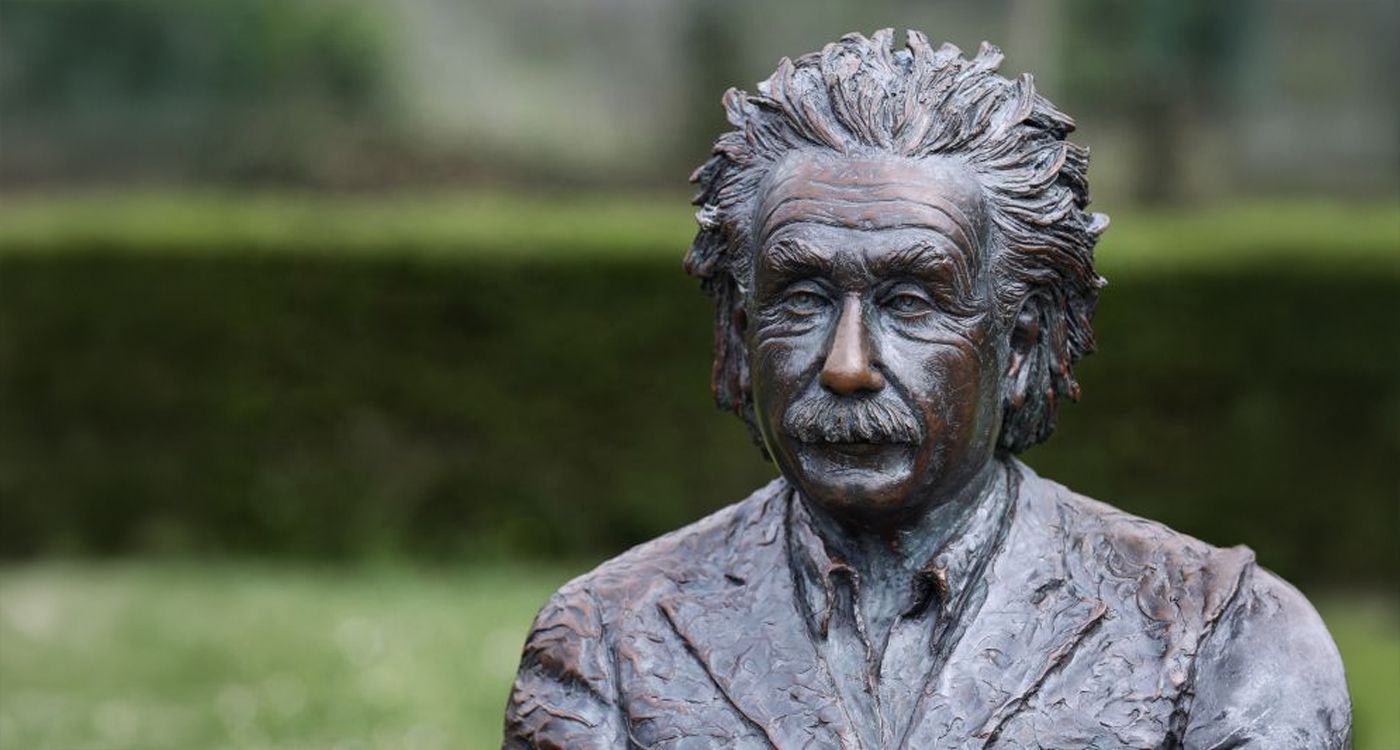
In 1905, a young and relatively unknown physicist was quietly working in a patent office in Bern, unaware that he would forever alter the course of science.
That year, Albert Einstein, born in 1879 in Ulm, Germany, without prestigious titles or academic acclaim, published a series of scientific papers that would gradually challenge everything humanity believed it knew about the universe.
His ideas, initially overlooked, eventually captured global attention and elevated him to the status of a genius. But far from resting on his scientific achievements, Einstein used his growing fame to champion humanist ideals, becoming as much a moral icon as a scientific one. Fleeing the rise of Nazism in 1933, he resettled in the United States, where he became a vocal advocate for peace, civil rights and social justice. Today, seventy years after his death, his legacy continues to resonate – not only in the realms of science, but also in culture, philosophy, and the enduring fight for a fairer world.
From Theory to Scientific Revolution
A towering figure in modern scientific history, Einstein left an indelible mark on physics through his groundbreaking discoveries. His journey began modestly when he was admitted to the Swiss Federal Polytechnic School in Zurich in 1896.
After graduating in 1901, he took a job at the Bern Patent Office. It was in this unassuming setting that he developed the foundational theories that would forever transform our understanding of reality.
The year 1905 – later known as the Annus Mirabilis (miraculous year) – saw Einstein publish four major papers in the journal Annalen der Physik. These works shook the foundations of physics. Among them, his paper on special relativity introduced the now-famous equation: E = mc², expressing the equivalence of mass and energy. This principle revealed that matter could be transformed into energy, and vice versa – a concept that proved pivotal both in theoretical physics and in practical applications like nuclear energy and, eventually, atomic weapons, though Einstein himself did not participate in their creation.
That same year, he also published seminal studies on Brownian motion and the photoelectric effect. The latter demonstrated that light behaves like a stream of particles – photons – and earned him the Nobel Prize in Physics in 1921. This work laid essential groundwork for quantum mechanics, a parallel scientific revolution.
In 1915, Einstein introduced the general theory of relativity, a bold reimagining of gravity. Rather than being a force, as described by Newton, gravity emerged as a curvature of space-time caused by mass. This radical concept was confirmed in 1919, when Sir Arthur Eddington’s expedition observed the bending of starlight by the Sun – an observation that matched Einstein’s predictions.
Einstein’s theories paved the way for major advances in astrophysics, from the study of black holes to the discovery of the expanding universe. His impact endures, continuing to guide humanity’s exploration of the cosmos.
A Voice for Peace and Justice
Amid the turmoil of the 20th century, Einstein stood out not only for his scientific brilliance but also for his unwavering commitment to humanist values. In 1933, as the Nazis seized power in Germany, he renounced his citizenship and left the country. This departure marked the beginning of his lifelong dedication to peace and democracy. He famously warned:
“Mankind must put an end to war before war puts an end to mankind.”
Concerned by the dangers of a lawless international system, Einstein advocated for the creation of a world government, which he believed was the only path to lasting peace. Paradoxically, although a staunch pacifist, he co-signed a 1939 letter to President Franklin D. Roosevelt, alerting him to Nazi Germany’s nuclear ambitions – a letter that helped spark the Manhattan Project.
In the US, Einstein also emerged as a passionate advocate for civil rights. He spoke out against racism and actively supported the struggle for African American equality. His friendship with singer and activist Paul Robeson, along with numerous public statements, reflected his deep commitment to justice.
“Racism is a disease of white people,” he once said, “more difficult to cure than tuberculosis.”
Einstein’s humanitarian concern transcended national boundaries. For him, science and ethics were inseparable. Understanding the universe, he believed, required us to also reflect on our place within it – and our responsibility to one another.
“Science without religion is lame; religion without science is blind,” he observed.
To Einstein, scientific truth had to be accompanied by moral responsibility.
A Legacy Beyond Equations
Albert Einstein died on April 18, 1955, in Princeton, New Jersey. Yet seventy years later, his legacy continues to shine. He didn’t just rewrite the laws of physics – he infused them with conscience.
His life reminds us that the true greatness of science lies in its capacity to serve humanity. And that when curiosity is guided by compassion, it has the power to change the world.




Comments